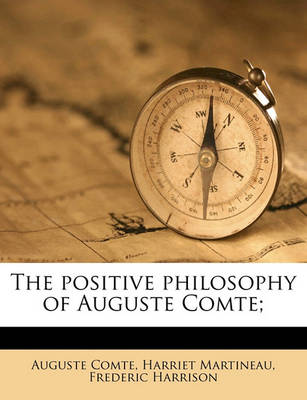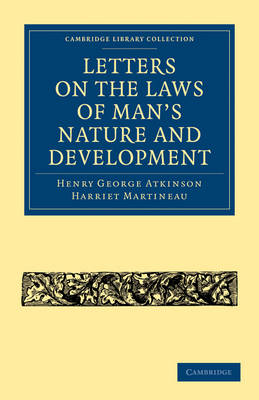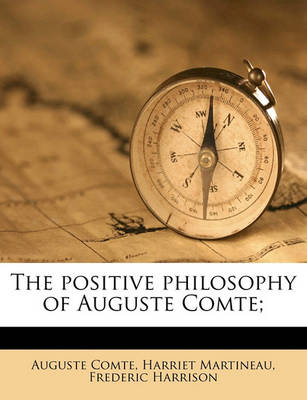Cambridge Library Collection - Religion
3 total works
The Positive Philosophy of Auguste Comte; Volume 2
by Auguste Comte, Harriet Martineau, and Frederic Harrison
Published 2 January 2010
The Positive Philosophy of Auguste Comte is a condensed English version of the French philosopher's controversial work, freely translated by Harriet Martineau and published in two volumes in 1853. Martineau's abridged and more easily digestible version of Comte's work was intended to be readily accessible to a wide general readership, particularly those she felt to be morally and intellectually adrift, and Comte's philosophy indeed attracted a significant following in Britain in the later nineteenth century. Comte's 'doctrine' promoted personal and public ethics and social cohesion based no longer on metaphysics but on strict scientific method, and anticipated twentieth-century logical positivism and secular humanism. The second volume of this translation is devoted entirely to Comte's new science of 'social physics' and human progress, and outlines his theories about society and its development through various phases - theological, humanistic and finally scientific.
Letters on the Laws of Man's Nature and Development
by Henry George Atkinson and Harriet Martineau
Published 20 July 2009
Henry George Atkinson (c.1812-c.1890), a free thinker and supporter of naturalism, published extensively on phrenology, mesmerism, and spiritualism. He became acquainted with the professional writer, political activist and radical philosopher Harriet Martineau (1802-76) in the 1840s, when she attributed her recovery from a long illness to mesmerism. Their correspondence was published in 1851, and promotes a radical form of atheistic naturalism, more extreme than that found in George Combe's best-selling Constitution of Man (also published in this series). It ranges widely over topics including the brain and the nervous system, matter and causation, superstition, theology and science. The book promotes the purity of natural law as superior to social customs and institutions, and reflects many concerns of the intelligentsia of the time, amongst whom it stirred up much controversy.
The Positive Philosophy of Auguste Comte; Volume 1
by Auguste Comte, Harriet Martineau, and Frederic Harrison
Published 1 January 2010
The Positive Philosophy of Auguste Comte is a condensed English version of the French philosopher's controversial work, freely translated by Harriet Martineau and published in two volumes in 1853. Martineau's abridged and more easily digestible version of Comte's work was intended to be readily accessible to a wide general readership, particularly those she felt to be morally and intellectually adrift, and Comte's philosophy indeed attracted a significant following in Britain in the later nineteenth century. Comte's 'doctrine' promoted personal and public ethics and social cohesion based no longer on metaphysics but on strict scientific method, and anticipated twentieth-century logical positivism and secular humanism. The first volume of this translation contains Parts 1 to 5 and sets out the nature and importance of positivism, leading on to an overview of the 'positive sciences': mathematics, astronomy, physics, chemistry and biology.


